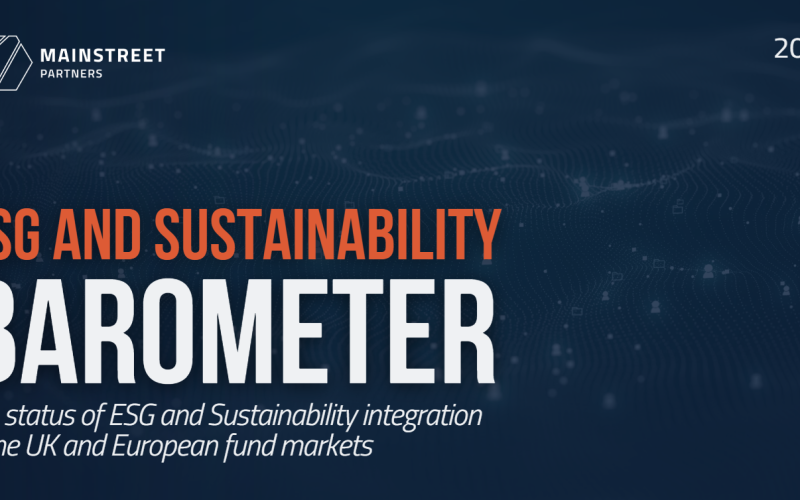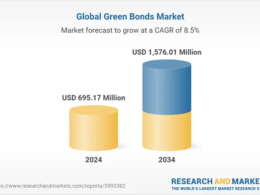A new report by ESG and sustainability data provider MainStreet Partners has revealed that nearly a quarter (23%) of all Article 8 funds remain vulnerable to greenwashing—making misleading claims about environmental compliance.
Article 8 funds, as defined by Morningstar, are investment vehicles that promote environmental or social characteristics, with holdings expected to align with these objectives. However, MainStreet’s findings indicate that 13% of these funds failed its regulatory adherence assessment. The evaluation scrutinises fund naming conventions, consistency in documentation, and clarity of communication to ensure investors are not misled.
The insights come from MainStreet’s 2025 ESG and Sustainable Barometer report, which analyses over 9,500 investment strategies from more than 460 asset managers. It assesses key ESG and sustainability trends within European and UK fund markets, highlighting a notable decline in asset manager ratings across all Sustainable Finance Disclosure Regulation (SFDR) classifications and non-EU ratings.
Despite increasing expectations and stricter sustainability standards, the report notes that some asset managers have withdrawn from initiatives such as the Net Zero Asset Managers initiative and Climate Action 100+. Meanwhile, US-based managers are demonstrating growing reluctance to discuss ESG and sustainability issues. The report attributes this to the mounting complexity of regulations, despite repeated industry calls for simplification.
“At the start of 2024, we had hoped for simpler regulation,” said Neill Blanks, Managing Director at MainStreet. “Unfortunately, that has not been the case, particularly with fund naming rules coming into effect on both sides of the Atlantic. Regulatory scrutiny is intensifying, bringing the risk of fines and reputational damage for non-compliance.”
However, Blanks remains optimistic about the future. “As markets continue to adapt to frameworks, we expect to see a broader range of ESG and sustainable investment products with clear and specific key performance indicators, helping investors better understand each fund’s strategic intentions.”
Stricter regulations and clearer frameworks are expected to mitigate the risks of greenwashing, but the sustainable investment sector continues to grapple with regulatory uncertainty. Best practices for marketing and defining sustainable investments are still evolving, and industry experts warn that overly complex regulations could stifle market growth.
Meanwhile, the proportion of funds under the Paris-Aligned Benchmark regime failing to meet required exclusions remains unchanged at 72%. The most common breaches involve exposure to coal mining, environmental damage, human rights violations, corruption, bribery, and labour rights infringements.
MainStreet declined to provide a detailed breakdown of these violations but confirmed that principal breaches involve investments linked to controversial weapons and violations of OECD business guidelines.
Often regarded as ‘light’ ESG investing, Article 8 funds appear to struggle with aligning practice with guidelines—even at this lower threshold.


















